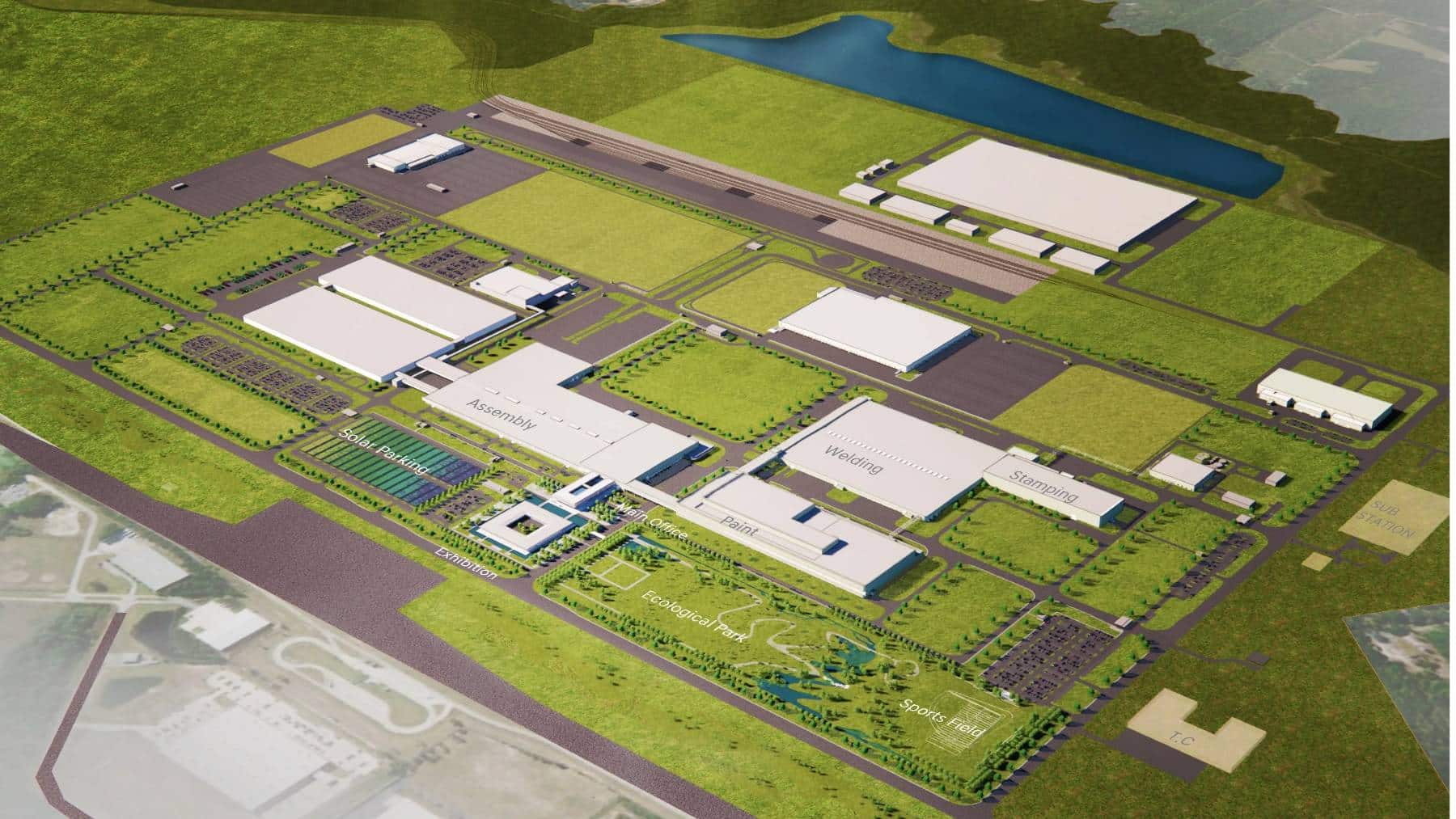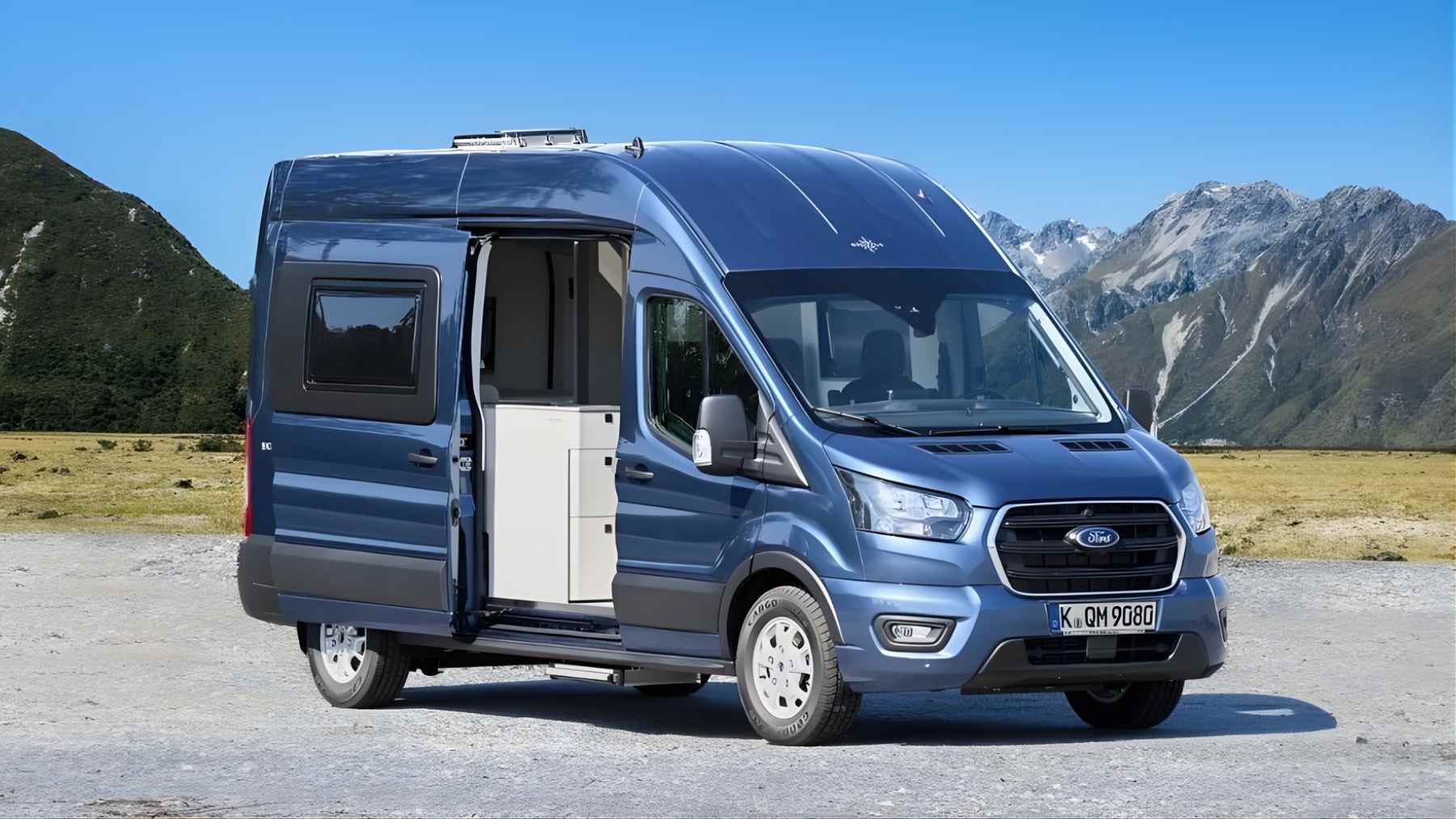In a world concerned with carbon-neutrality and climate initiatives, automobile manufacturers, such as Hyundai out of South Korea, are increasingly under pressure to develop alternative engine solutions to shift the reliance on internal combustion engines and fossil fuels towards more renewable solutions. While American automaker Tesla has been influential in the increased popularity of electric vehicles, innovation from Asian manufacturers is highlighting how countries like South Korea, Japan, and China are becoming the dominant forces in developing these solutions.
Increased dominance seen by Asian automobile manufacturers
Asian manufacturers have consistently outperformed other automobile manufacturers within the alternative engine industry. Toyota, for example, has not only been producing competitive electric engine technology but has been pioneering the development of fuel-cell hydrogen engine technology. Further, Toyota has also been prioritizing collaborations with other major Japanese automobile manufacturers, Subaru and Mazda, to accelerate the implementation of electric and hybrid solutions.
Chinese electrical vehicle automaker BYD has also significantly risen to be a major competitor with American electrical vehicle manufacturers. Amidst Tesla’s recent controversy due to CEO Elon Musk’s involvement in politics, Cybertruck recalls, and red tape surrounding their autonomous driving technology, BYD is growing in popularity not only due to their equally competitive electric engines but also due to lower starting prices and automatically integrated autonomous driving technology.
Korea exerts dominance on American soil
South Korean vehicle manufacturer Hyundai has also been accelerating the development of its electric engine solutions. Recently, they announced their first dedicated mass-production plant for electrical and hybrid vehicles. The plant is set to be built in Georgia and is set to produce 500,000 units of Hyundai, Kia, and Genesis electric and hybrid vehicles annually.
The initiative is set to be a $7.95 billion investment from the South Korean company and will create 8,500 new jobs in the area. Additionally, the development of the plant has prompted $2.5 billion in investments through direct, off-site suppliers in Georgia. Hyundai began production of the vehicles in October last year, and as of March of this year, the plant is working on expanding its output to the 500,000 vehicle goal, which surpasses Tesla’s Gigafactory output of 375,000 vehicles per year.
“This is a real-life factory of the future,” says Jerry Roach, senior manager of general assembly at the plant to journalist Lawrence Ulrich for The Verge
BMW develops its own dedicated electric plant
Not to be outdone, BMW has also been making major strides in the development of its own dedicated electric engine plant. The German automobile manufacturer has recently started producing electric vehicles at their new new Steyr plant in Upper Austria. Employing over 47,000 people, the plant is set to become BMW’s home ground for developing its electric engines from this year.
“We’ve been delivering these engines to our development department in Munich since September, and now we’re sending them directly to BMW Group Plant Debrecen for test vehicle installation,” said Klaus von Moltke, Senior Vice President of Engine Production at BMW AG and Managing Director of BMW Group Plant Steyr. “Over the coming months, we will continue to validate and optimize the complex production process for the new electric motors,” added Helmut Hochsteiner, VP of Electric Engine Production at BMW Group Plant Steyr.
The increased commitments to dedicated electrical engine plants coming from all corners of the world not only show a move towards electrical engine solutions, but an increased sense of competition to fight for dominance the the electrical engine sphere. To combat this, Tesla, once the domineering force of electrical engine innovation, has since moved its interests towards automated technology, while other vehicle manufacturers like South Korea and BMW continue to develop and refine their electrical engine solutions.














